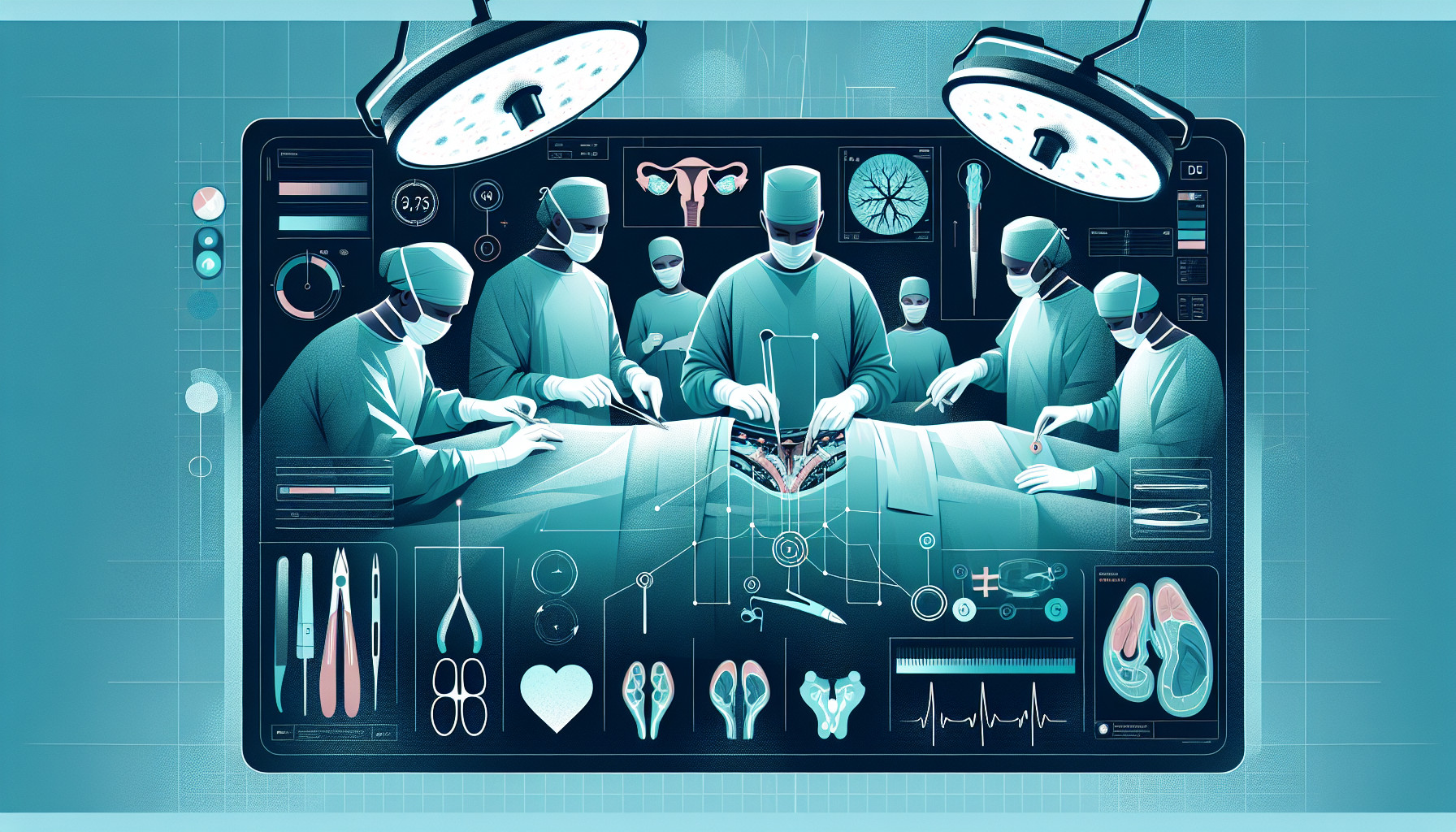Our Summary
This research paper is about an expert consensus on the best way to perform sperm extraction surgeries to address male infertility in France. Twenty-six international experts came together online to discuss and agree on guidelines for these procedures.
Before this, there was no agreed-upon method in France for these surgeries. The experts looked at all the research available and prepared 55 statements to be reviewed. After two rounds of scoring, 50 recommendations were validated.
The consensus covered preparation for the surgery, the different techniques (such as Microsurgical epididymal sperm aspiration, Percutaneous epididymal sperm aspiration, Conventional Testicular Sperm Extraction, and Microsurgical Testicular Sperm Extraction), and advice for patients for the postoperative period.
The guidelines created from this meeting are expected to improve the way sperm extraction surgeries are performed in France.
FAQs
- What was the purpose of the expert consensus on sperm extraction surgeries for male infertility in France?
- What techniques were covered in the agreed-upon guidelines for sperm extraction surgeries?
- How are the guidelines expected to impact sperm extraction surgeries in France?
Doctor’s Tip
One helpful tip a doctor might tell a patient about testicular surgery is to follow all pre-operative instructions carefully, including fasting before the surgery and avoiding certain medications that may increase bleeding risk. It is also important to communicate any concerns or questions with the medical team before the surgery to ensure a successful outcome. After the surgery, following post-operative care instructions, such as taking prescribed medications, resting, and avoiding strenuous activities, will help to promote healing and reduce the risk of complications.
Suitable For
Patients who are typically recommended testicular surgery for sperm extraction include men with azoospermia (the absence of sperm in semen) or severe oligozoospermia (low sperm count), as well as those who have undergone a vasectomy or have genetic conditions that affect sperm production.
These surgeries are often recommended for individuals who are unable to conceive through other means, such as assisted reproductive technologies like in vitro fertilization (IVF). Testicular surgery can help retrieve sperm directly from the testes or epididymis, which can then be used for procedures like intracytoplasmic sperm injection (ICSI) to achieve pregnancy.
Overall, patients who are considering testicular surgery for sperm extraction should consult with a fertility specialist to determine if this procedure is the best option for their individual circumstances.
Timeline
Before testicular surgery, a patient typically undergoes a consultation with a urologist or fertility specialist to discuss the procedure and potential risks and benefits. They may also undergo some preoperative tests to assess their overall health and fertility status.
During the surgery, the patient is put under anesthesia, and the surgeon performs the chosen technique to extract sperm from the testicles or epididymis. The surgery can last anywhere from 30 minutes to a few hours, depending on the complexity of the case.
After the surgery, the patient may experience some pain, swelling, and bruising in the scrotal area. They are typically advised to rest and avoid strenuous activities for a few days to allow for proper healing. The patient may also be prescribed pain medication and antibiotics to prevent infection.
In the weeks following the surgery, the patient will have follow-up appointments with their doctor to monitor their recovery and discuss any concerns or complications. They may also be advised to undergo fertility treatments using the extracted sperm to try to achieve pregnancy with their partner.
Overall, testicular surgery can be a challenging but potentially effective option for men struggling with infertility. The expert consensus on sperm extraction surgeries in France aims to provide standardized guidelines to ensure the best possible outcomes for patients undergoing these procedures.
What to Ask Your Doctor
Some questions a patient should ask their doctor about testicular surgery include:
- What is the reason for recommending testicular surgery in my case?
- What are the potential risks and complications associated with the surgery?
- What is the success rate of the surgery in terms of retrieving sperm for fertility purposes?
- What is the recovery process like after the surgery?
- Are there any specific instructions I need to follow before and after the surgery?
- What are the alternatives to testicular surgery for addressing male infertility?
- How long will it take to see the results of the surgery in terms of fertility?
- Are there any long-term effects or considerations I should be aware of following the surgery?
- Will I need any follow-up appointments or additional treatments after the surgery?
- Are there any lifestyle changes or precautions I should take to optimize the success of the surgery?
Reference
Authors: Huyghe E, Faix A, Bouker A, Methorst C. Journal: Prog Urol. 2023 Nov;33(13):697-709. doi: 10.1016/j.purol.2023.09.007. PMID: 38012912
